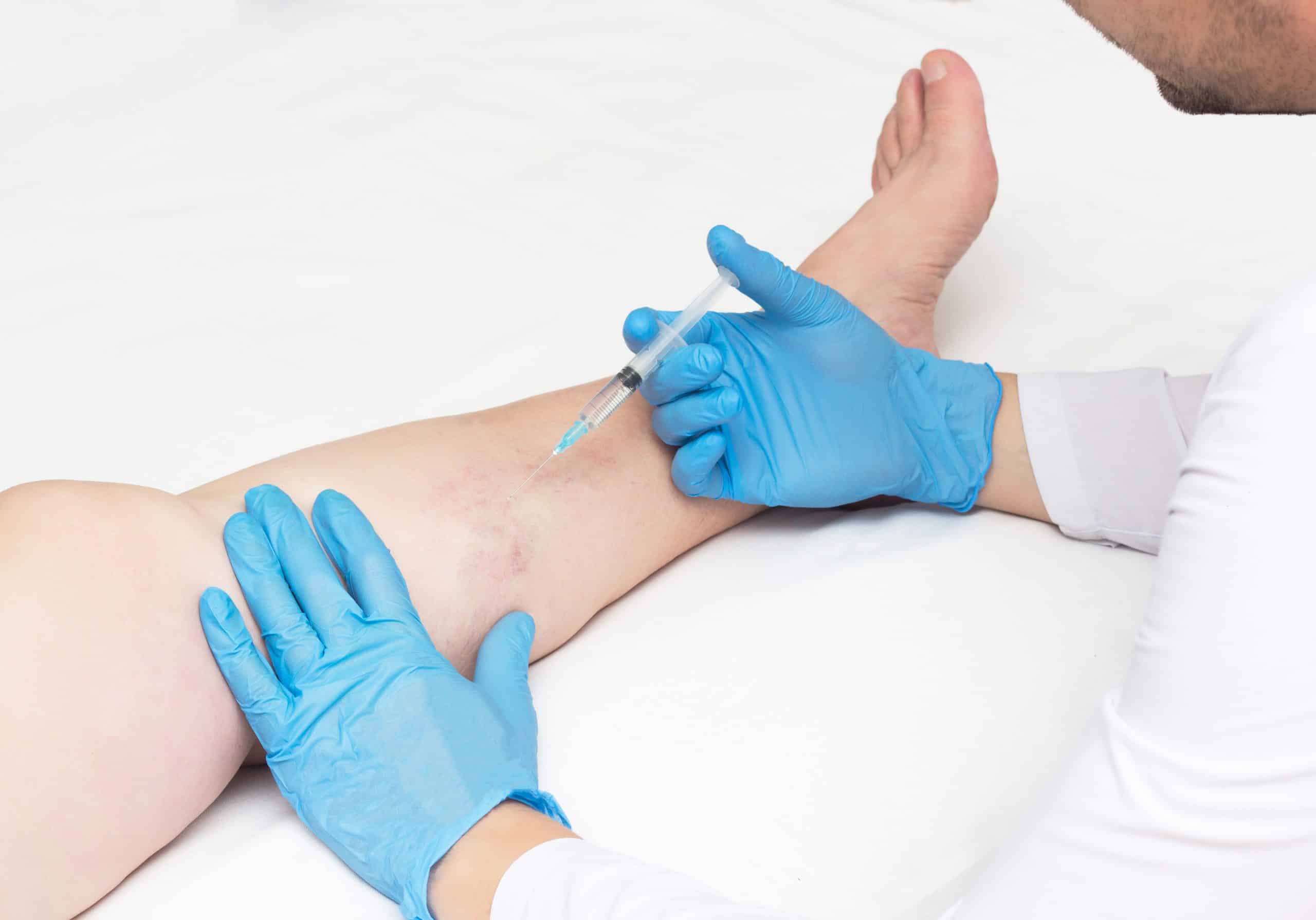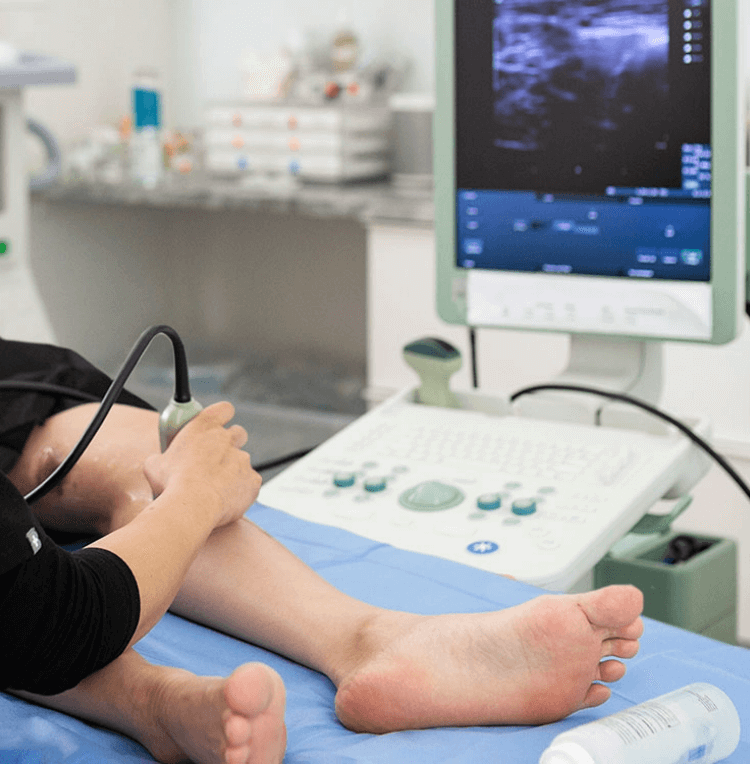Varicose veins are enlarged, twisted or bulging veins often found in the legs, ankles, or feet and are visible underneath the skin. For many patients, varicose veins can lead to painful symptoms, such as pain, discomfort, or cramping in the legs.
If you have varicose veins, your primary general practitioner may recommend you to a vein specialist. Are you thinking, What Kind of Doctor is a Vein Specialist? A vein specialist is a doctor who specialises in vein disease and treats and diagnoses vein disease. You should consult a vein doctor before the situation worsens.
Here are some of the questions that you should ask your doctor before the treatment:
What is The Reason for Varicose Veins, and What Worsen Them?
Various things can cause varicose veins, from your weight to your genes. Understanding the external factors, such as standing or sitting for long periods, that can worsen varicose veins can help you adjust your habits to keep your veins from spreading.

How Can You Treat Them at Home?
By modifying your daily lifestyle, you can observe an improvement in your varicose veins. To prevent the progression of your varicose veins, your doctor may advise reducing your weight if you are overweight, making an effort to walk around more, exercising more, or wearing compression stockings. These changes can help you treat vein disease.
What Can Happen If I Don't Address Vein problems?
Varicose veins are primarily an aesthetic concern for many people, but for some people, they can cause serious problems. Although varicose veins are unattractive and ugly, they don't have any profound health implications. However, they should be diagnosed on time. Even so, it's essential to be aware of any risks from not treating the veins. Your vein doctor will inform you of potential concerns or consequences, such as ulcers or bleeding, and will offer guidance on what to do if you experience any issues.
Which Treatments Do You Perform?
There are many treatment options for varicose vein disorder. You must search for a well-trained vein doctor as only some vein clinics offer some treatment, and every doctor performs vein treatment. Learn which one is the best for you. Your doctor will recommend sclerotherapy if you have smaller varicose or spider veins. More prominent veins are often treated with ambulatory phlebectomy or ELVT. Each treatment proposes a variety of pros and cons, so you should know which treatment is good for you and what you will expect during and afterwards the therapy. You must consult all these questions with your doctor before you decide on a treatment option.

Does Insurance cover Varicose Veins?
Varicose vein treatment may be expensive, especially if the vein doctor you are visiting doesn't take insurance or recommends a procedure that most insurance plans don't cover. You can ask your doctor which treatments are usually covered by insurance before the treatment begins. You can consider other treatment options if the one doctor suggested does not cover insurance. Talk to your doctor and ask or find out why to look for additional treatment options.
In Conclusion:
A vein specialist will diagnose and treat your vein conditions. Your doctor may prescribe you compression stockings to reduce the swelling and discomfort. Schedule an appointment now with a vein doctor. Book an appointment now!
Article source : https://www.articleentry.com/what-should-you-ask-your-vein-doctor-before-treatment/





